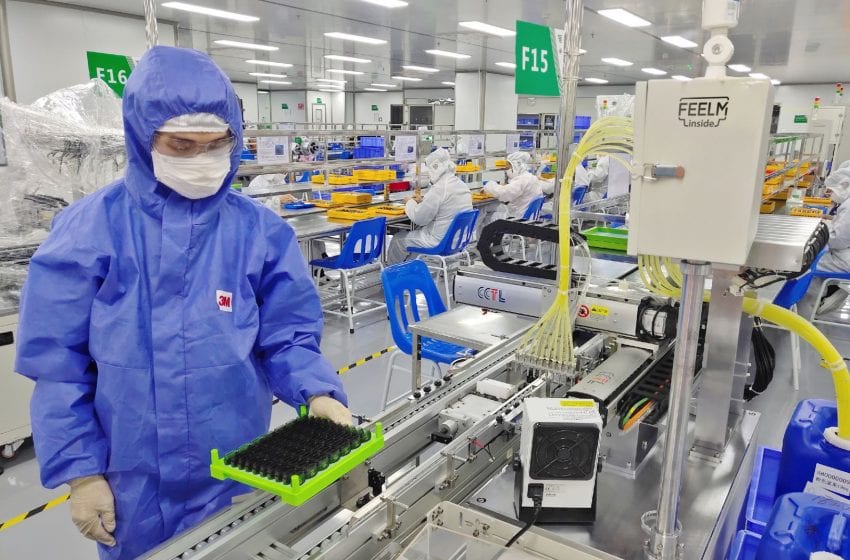
The tobacco and vaping business is the world’s most “intangible” sector in relative terms, according to the brand valuation consultancy Brand Finance.
Intangible assets are identifiable, non-monetary assets without physical substance. They can be grouped into three broad categories—rights (including leases, agreements, contracts), relationships (including a trained workforce) and intellectual property (including brands, patents and copyrights).
According to Brand Finance, intangible assets account for 91 percent of the tobacco and vaping sector’s total enterprise value—a condition that the consultancy attributes to tobacco and e-cigarette companies’ heavy investments in proprietary vaping-related technology and patented intellectual property. The China National Tobacco Corp., BAT and Philip Morris, for example, have each accumulated significant disclosed intangibles and goodwill due to large acquisitions.
“While tobacco products are increasingly regulated in developed markets, e-cigarettes are at nascent stage and currently proving to generate high intangible value thanks in part due to lack of regulation of marketing these products in some jurisdictions,” Brand Finance writes in its report.
Remarkably, the tobacco and vaping business was the second-largest contributor (after semiconductors) to the performance in the rankings of Japan, which saw the value of its intangible assets jump by $587 billion this year.
“Our research aims to demonstrate the continued growing importance of intangible assets like strong brands and innovative technology in driving productivity and growth potential,” said Annie Brown, general manager at Brand Finance UK, in a statement. “Companies that strategically deploy their intangible assets have the ability to significantly outperform their competitors.”

